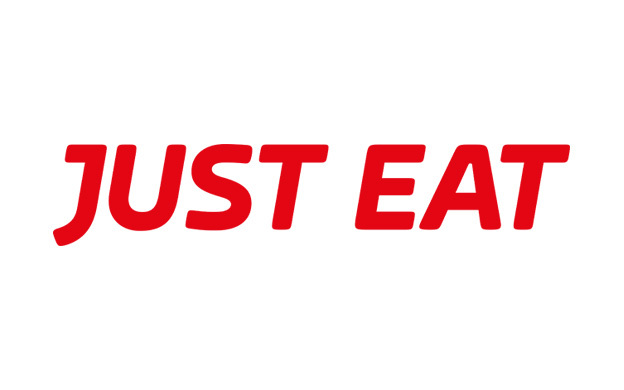Winner profile
Just Eat
- Previous winner at the 2013, 2014 and 2015 UK Technology Fast 50 awards

“I am in no way a visionary but I do remember always having massive conviction that the takeaway market would explode,” says David Buttress, co-founder of Just Eat, the takeaways platform. “I’d seen the digital revolution in hotels and flights. I knew that people wouldn't be ordering from takeaway menus over the phone forever. It wasn’t a question of if but when and who would make it happen.”
The listed fast-food platform, which now connects more than 19m customers with 76,000 restaurants across 12 international markets, was an industry pioneer when it launched in 2006. “But we weren’t actually the first,” admits Buttress. “We certainly thought we were. But Lastminute.com built the first, Urban Bite, back in the early-2000s.” Hungryhouse, another rival, launched a month before Just Eat. “We bumped into each other in August 2006 and realised we were both building the same thing,” recalls Buttress, laughing.
Just Eat’s success didn’t come from a first-mover advantage but from the execution of the idea. “I still remember the day we started the business. We bought two laptops from Currys and set up in a basement flat in the Docklands,” says Buttress. “We bootstrapped the business for 18 months. Every time we got money in from a restaurant, we would hire a new sales person or engineer.” Cash flow was a big challenge in those early days. “We were always worried about running out of cash,” says Buttress. “In our first month, our net turnover was just £36. Can you imagine going home to your wife after giving up your job and telling her that? It was a very humbling reality.” There were also some serious technical issues: success was a double-edged sword when the platform struggled to cope with customer demand. “I remember Valentine’s Day 2011, which was a really big night for us in terms of sales,” says Buttress. “We had platform issues because it just wasn’t engineered to deal with that level of scale.” The meltdown led to a massive investment of time and resource into building a new platform, which was robust enough to deal with any future growth. “In the end, we put it right but that was a hairy night.” Despite these early growing pains, Just Eat grew to become an industry heavyweight, and was the biggest IPO in Europe at the time of its listing in 2014. Just Eat is a also a veteran of the Fast 50, and appeared most recently in the ranking that same year.
Buttress has since stepped down as the boss of the firm and joined venture capital firm 83North at the start of this year. However, he remains a shareholder of Just Eat, and sits on its board. “I spent my whole thirties thinking about takeaways,” says Buttress. “It was brilliant but that level of intensity is a challenge.
“I have a young family, so it would be selfish to try and build another start-up right now. Instead, I want to help other entrepreneurs build businesses that stand the test of time, either through investment of through sensible pieces of advice.”
Buttress is now helping to encourage this next generation of entrepreneurs through 83North but also through Just Eat’s own food-tech accelerator, Just Eat Ventures.
“I believe we’re just scratching the surface in this industry,” he claims. “From new food types to new delivery methods, novel communications between customers and restaurants, and the smart use of data, there is still a whole lot of innovation still to come.” It remains tempting to jump in and build a new business to drive that innovation, he admits: “I love building things. So never say never.”